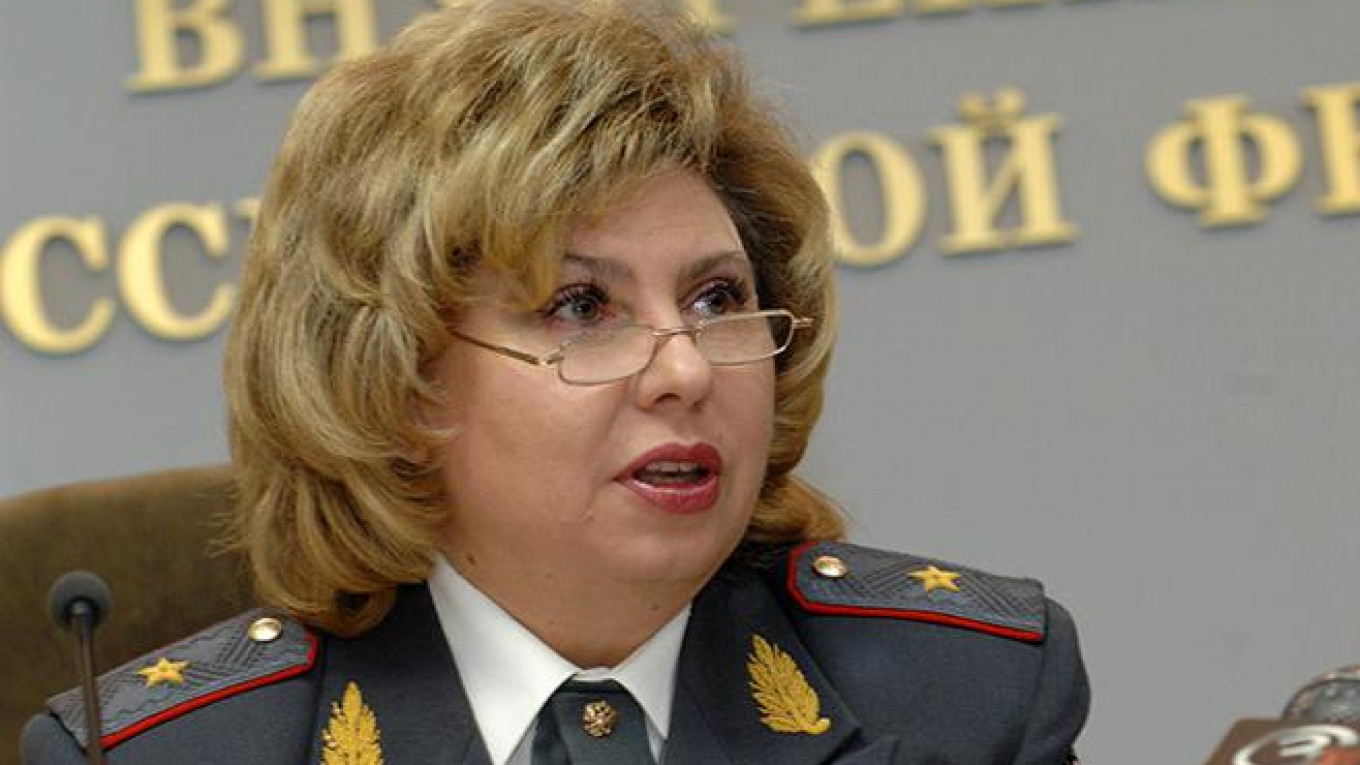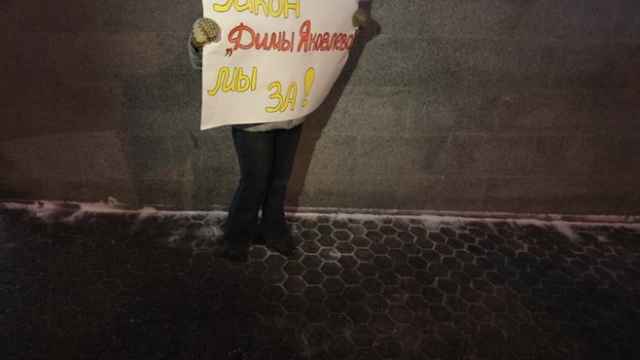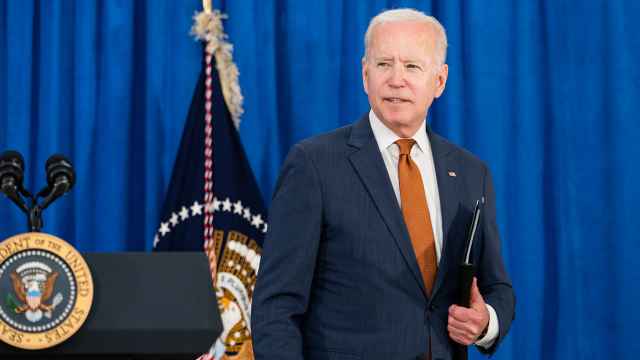Russian Human Rights Ombudswoman Tatyana Moskalkova has praised the European Court of Human Rights (ECHR) for delivering a “balanced” verdict on Russia's U.S. adoption ban.
The ECHR ruled on Tuesday that Russia’s law stopping U.S. citizens from adopting Russian children broke human rights law. Judges found that the law violated claimants’ right to family life and illegally discriminated against prospective parents on grounds of nationality.
Moskalkova, who met with ECHR President Guido Raimondi on Tuesday, wrote on Instagram that the decision had been “balanced” and that Russian judges had been involved in the verdict.
The decision was slammed by Russia's Children's Ombudswoman Anna Kuznetsova and the Kremlin has already vowed to appeal the decision.
“The Russian Federation must fulfil its obligations under the UN's convention on the rights of the child,” the ombudswoman's press service said in a statement. “The United States is not a party to this convention and is not obliged to follow basic international principles to protect children's rights."
Kuznetsova also alleged that the United States had repeatedly failed to provide information on Russian children who had been adopted to American families.
The law, which came into force in January 2013, banned all U.S. couples from adopting Russian children, including those who were already part-way through adoption proceedings.
Most of the American families involved had already spent time with their prospective children, many of whom suffered from serious illnesses or disabilities.
The law was named in honor of Dima Yakovlev, a Russian-born toddler who died of heatstroke in Virginia in 2008 after being left in a locked car by his adoptive parents. The couple was ultimately acquitted of involuntary manslaughter.
Russian officials claimed that the law protected children such as Dima from being mistreated by adoptive parents in the United States. However, critics slammed the law as a reaction to the United States' so-called Magnitsky List, which placed sanctions on high-ranking government officials which the U.S. accused of human rights violations.
A Message from The Moscow Times:
Dear readers,
We are facing unprecedented challenges. Russia's Prosecutor General's Office has designated The Moscow Times as an "undesirable" organization, criminalizing our work and putting our staff at risk of prosecution. This follows our earlier unjust labeling as a "foreign agent."
These actions are direct attempts to silence independent journalism in Russia. The authorities claim our work "discredits the decisions of the Russian leadership." We see things differently: we strive to provide accurate, unbiased reporting on Russia.
We, the journalists of The Moscow Times, refuse to be silenced. But to continue our work, we need your help.
Your support, no matter how small, makes a world of difference. If you can, please support us monthly starting from just $2. It's quick to set up, and every contribution makes a significant impact.
By supporting The Moscow Times, you're defending open, independent journalism in the face of repression. Thank you for standing with us.
Remind me later.






